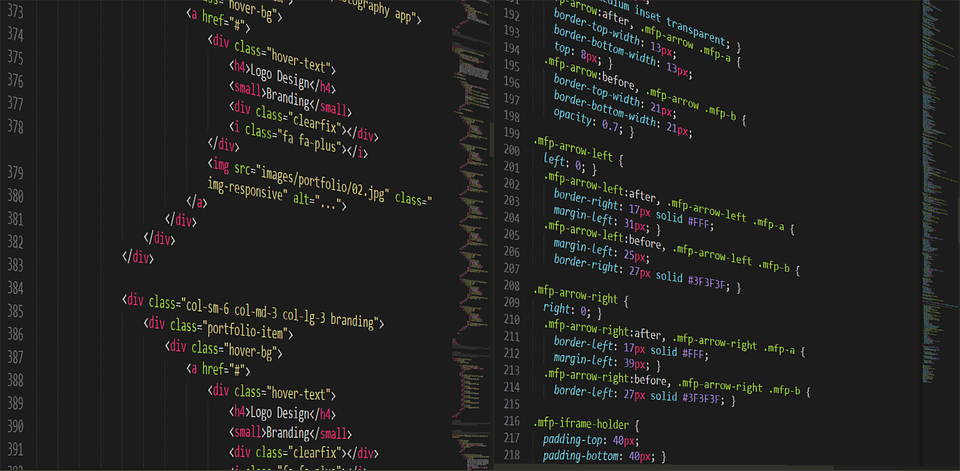The Corporate Council of the Corporation Law Section of the Delaware State Bar Association last month released a set of proposed amendments to the Delaware General Corporation Law, taking another step forward in the state’s Blockchain Initiative program.
Blockchain is widely known as the technology at the heart of the digital currency Bitcoin. But its potential is much more vast, and large companies are increasingly announcing blockchain-related initiatives, including for the creation and management of corporate records.
The Corporate Council’s proposed amendments would clarify the application of existing Delaware law to new technology and change how corporations would be able to keep their records. These amendments could spur wider corporate use of blockchain technology.
DCGL
In its current form, Section 219(a) of the DGCL requires that officers of Delaware corporations create and maintain a complete list of stockholders, and states the stock ledger shall be the only evidence as to who are the stockholders entitled to inspect the list of stockholders and to vote at meetings.
Section 224 of the DCGL provides that records maintained by a corporation, including its stock ledger, may be kept on any storage device or method subject to certain requirements. It does not, however, expressly provide that such method can include the use of blockchain technology.
Proposed Amendments
The Corporate Council’s proposed amendments to Section 224 would include specific language recognizing blockchain technology as a method for creating and administering corporate records. Specifically, the section would be amended to provide that corporate records may be “administered by or on behalf of the corporation” and recognize the use of electronic networks or databases as permissible forms for administering a stock ledger.
Importantly, the proposed amendments to Section 224 would require that the ledger:
- be convertible into clearly legible paper form;
- enable the corporation to prepare the list of stockholders specified in Sections 219; (stockholder meetings) and 220 (inspection of books and records) of the DGCL;
- be capable of recording the information specified in Sections 156 (partly paid shares), 159 (collateral transfer), 217(a) (voting rights of fiduciaries, pledgors and joint owners of stock), and 218 (voting trusts and other voting agreements) of the DGCL; and
- record transfers of stock as governed by Article 8 of the Delaware Uniform Commercial Code.
The Council’s proposed amendment to Section 219(c) would define “stock ledger” as “one or more records administered by or on behalf of the corporation in which the names of all of the corporation’s stockholders of record, the address and number of shares registered in the name of each such stockholder, and all issuances and transfers of stock of the corporation are recorded in accordance with Section 224 of the DGCL.”
By recognizing that a stock ledger does not need to be administered directly by a corporate officer, the amendment enables a corporation to use blockchain technology to create and administer corporate records.
Additional Amendments
Amendments have also been proposed to other sections of the DGCL to accommodate the possibility that notices may be given through the use of blockchain technology. Specifically, Section 232 would be amended to clarify that the definition of “electronic transmission” includes the use of, or participation in, one or more electronic networks or databases. Furthermore, Sections 151, 202 and 364 of the DGCL would explicitly permit electronic transmission of investor communication using a distributed ledger.





